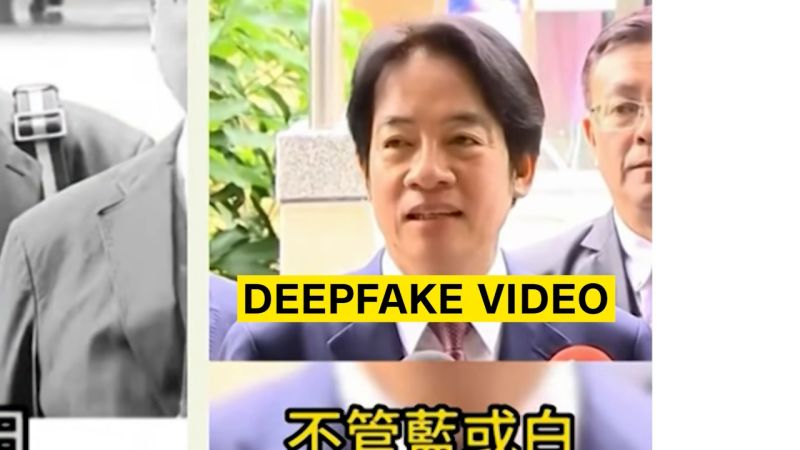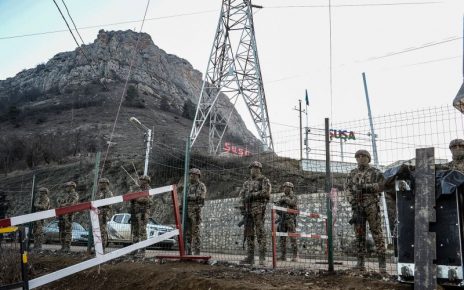
Taiwan is facing a flood of disinformation from China as it approaches the country’s elections on Saturday.
The Chinese Communist Party has been accused of spreading false information about current President Tsai Ing-wen, her Democratic Progressive Party (DPP), and her opponents. The goal is to sow discord and weaken her chances in the election.
Taiwan is taking a multi-faceted approach to combat the disinformation, including rolling out targeted campaigns to teach citizens how to spot fake news, deleting posts on social media that violate the country’s laws, and increasing public trust in the media.
The government has also set up a “truth office” which monitors the types of content being spread and encourages citizens to report any suspicious behavior that could be linked to the foreign interference.
Taiwan’s government is also working with foreign partners such as the United States, Australia, and Japan to understand how campaigns of disinformation operate and how people can protect themselves from manipulation.
The international community has also stepped in to help, issuing statements condemning the Chinese government for its attempts to interfere in the Taiwanese elections.
Taiwan has shown itself to be a leader in the fightback against disinformation, and its approach is a model for other countries facing similar problems. Taiwan’s elections on Saturday are a crucial test of how far it has come in defending itself.




